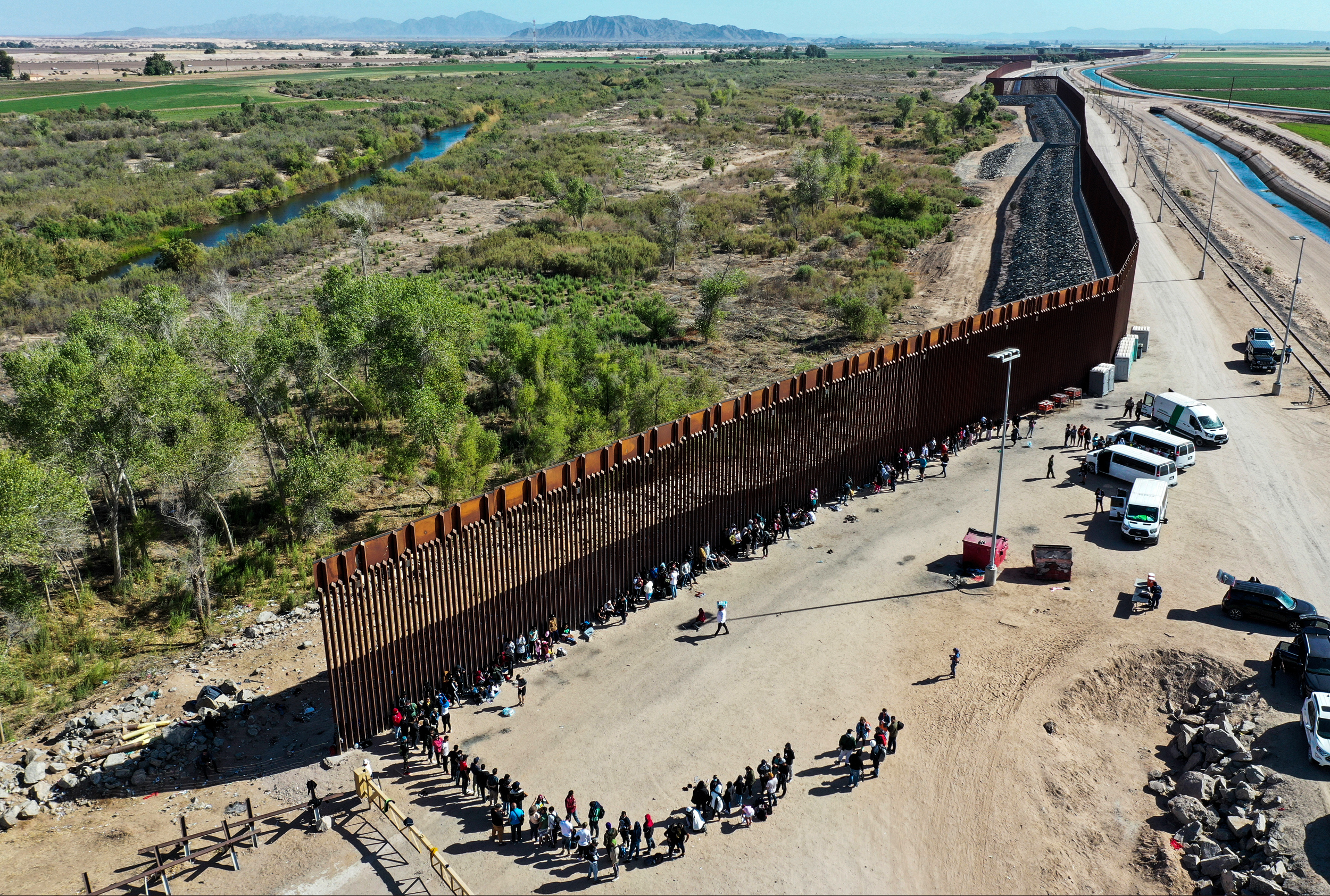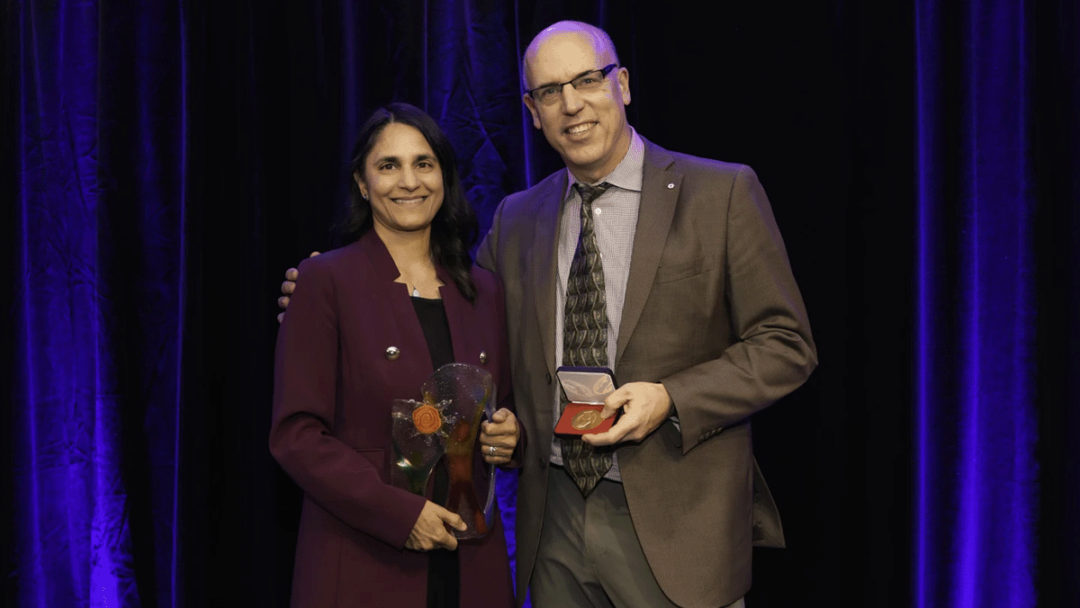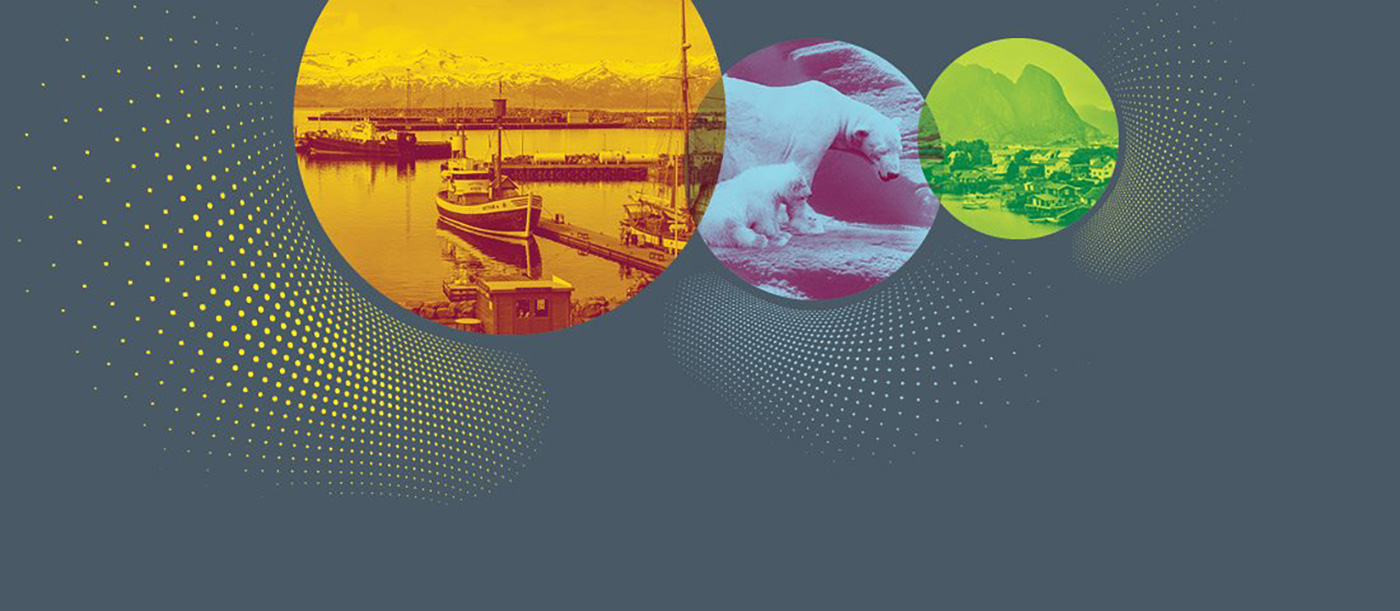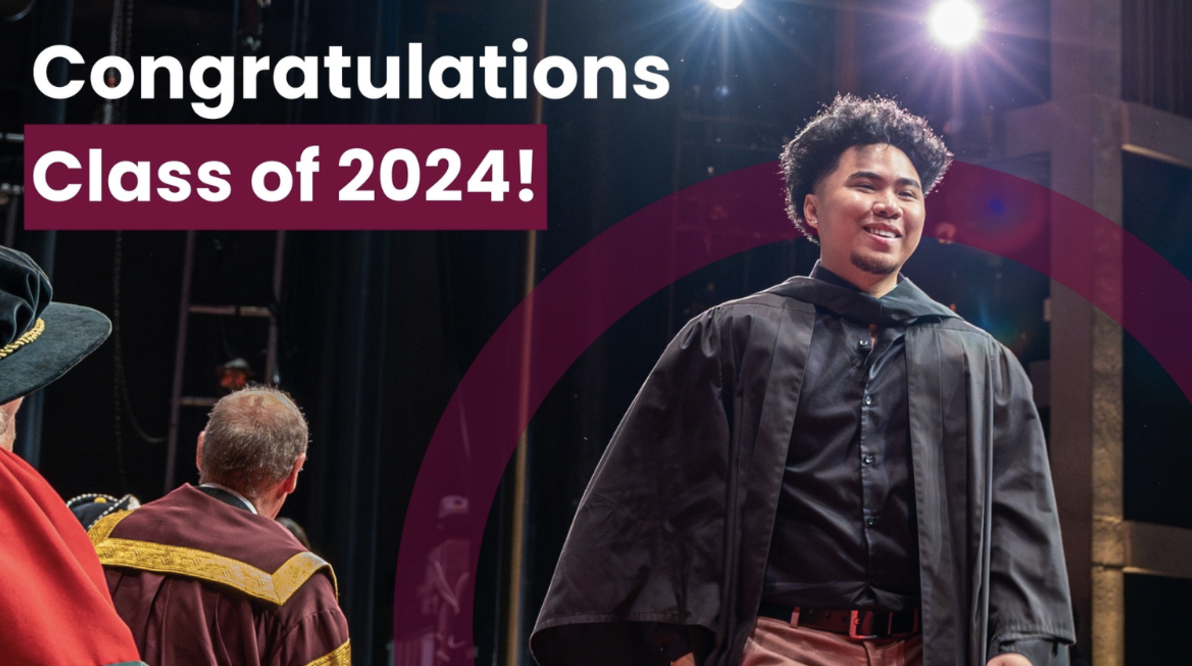Global Health alumnus works to ensure access to clean water and sanitation (SDG 6) and improve the lives of displaced populations in Mexican border cities

Two years after graduating from the MSc in Global Health program at McMaster University, alumnus Joe Salter backpacked through Europe to explore and visit friends he made from the partnership universities in the program.
It was on that trip that he started volunteering in a refugee camp on the island of Samos, Greece mere kilometres from Turkey. Upon returning home to Canada, Joe connected with Solidarity Engineering and for the past ten months has been volunteering with the organization, which is based out of McAllen, a mid-sized city in south-eastern Texas along the US-Mexico border.
Presently, Solidarity is working to improve the lives of displaced populations (including asylum-seekers, refugees, migrants, and stateless persons) in cartel-controlled Mexican border cities by implementing community-driven interventions.
Addressing UN SDG 6 (Clean Water and Sanitation), specifically in places of conflict or displacement, Solidarity recognizes that humanitarian crises are products of complex global relations, historic power imbalances, and environmental injustices, and focuses on inclusive, innovative, and sustainable solutions.
We were able to connect with Joe as he was finishing up his 3-months working on the ground with Solidarity. As he sits on a train heading north through scorched corn fields in central Texas, he reflects on the reality that “there is a growing drought in northern Mexico and the southern US, with water shortages stretching from California to the Gulf of Mexico.”
Passionate about advocacy, one of Joe’s main goals is to highlight Canada’s direct role in shaping conditions along the US-Mexico border over the last 60+ years, whether through Canada’s migration policies, neoliberal agenda of privatization, foreign investment, land monopolization, militarized borders, or participation in the highly destructive War on Drugs.
Interested to hear more about his experience with Solidarity and working in the field of global health, here is what he had to say:
What is your current role working with Solidarity?
Over the summer months, I managed a public health project alongside MSc Global Health student (Katrina Leslie), a medical NGO called Global Response Management who provides health-care services to asylum seekers along the border, and a group of researchers from Massachusetts General Hospital and Harvard’s Global Health Institute. We have designed a series of research projects to measure disease outcomes among asylum seekers living in Reynosa, Mexico. We know the conditions in the camps are horrible, and we recognize the overwhelming disease burden that asylum seekers experience, so now it is a matter of proving it to the public.
The border is overlooked in both the US and in Canada; it is a data vacuum that receives very little media attention – and we aim to shine light on the current situation at the border, generate practicable epidemiology results for ourselves and our partners on the ground, and advocate to policy-makers for fundamental change by highlighting this public health crisis.
How did you get involved in working with Solidarity?
I joined Solidarity because this compassionate, hard-working group of young professionals instantly made me feel supported and valued. I knew I could eventually find a way to contribute my research background and passion for global health. I was fortunate to connect and meet with the head engineer, Erin Hughes, and she mentioned a desire to evaluate projects and collect public health information. From there, I put together a concept note (thanks to some early advice from Global Health faculty member Dr. DiLiberto!) and began proposing a project idea to partners on the ground.
What interests you the most about your role, particularly as it relates to global health?
The strong synergy between health professionals and engineers is critical to health and hygiene. Solidarity works closely with medical NGOs (Global Response Management and Médicos sin Fronteras) to provide asylum seekers with clean water for personal hygiene, potable water for drinking, and keeping services running smoothly and on time.
I love working on an interdisciplinary team and enjoy the collaborative approach Solidarity takes every step of the way. I’ve had the opportunity to work closely with a number of different professionals with diverse backgrounds and have picked up some of the basics of WASH engineering in low-resource, crisis settings—a skill I never expected to acquire. I’ve come to realize that engineers are unsung heroes of public health, helping to monitor and prevent disease outbreaks.
In terms of the research project, I am deeply grateful to be in the position I’m in and trusted with so much responsibility. I’m excited to someday be able to apply findings directly on the frontlines for the betterment of asylum seekers and other neglected communities along the border.
What is the most significant way the MSc in Global Health program prepared you for this role?
The overlapping social, political, medical, legal, environmental, and economic factors at play when it comes to migration is overwhelming. The program gave me a comprehensive, humanistic understanding of global health in its many dimensions, which has helped me orient myself and navigate my role as a privileged humanitarian worker entrusted with a high degree of responsibility.
Everything about the US-Mexico border crisis is still vague and fragmented to me. The reality is constantly obscured with false and misleading narratives delivered by leaders and in the media, which is compounded by political disarray in the US and the indifference of high-income countries. Most of what I’ve learned has come from experienced colleagues I’ve met along the way, so learning how to collaborate in international teams—specifically, addressing communication challenges as they arise—has been a lifesaver.
Any advice for future global health students and professionals?
There is no single path you need to follow to arrive somewhere. Even if I had mapped out my future after I graduated in 2018, I could never have predicted the twists and turns my life has taken. As long as you recognize your values and beliefs in addition to figuring out how you can best apply your experiences and skills, you will probably find yourself moving in an exciting direction. A great way to do this is to set aside time to reflect on a regular basis because as Bilbo knowingly cautioned, “It’s a dangerous business, Frodo, going out your door. You step onto the road, and if you don’t keep your feet, there’s no knowing where you might be swept off to.”
A couple of helpful tips:
- If you aren’t certain what to do with your life, that’s okay, that’s normal. Try to use the knowledge and skills you have at your disposal to do something that is meaningful to you, whatever that may be.
- If you sense that you need a break, no one will blame you for taking a step away, and if they do, well…whatever, man! Working in global health oftentimes means being a witness to some of the darker sides of humanity. It is exhausting. It is infuriating. Burnout is real. It is incredibly important to take care of yourself—for your own sake, your team’s, and for those you wish to support.
- Create a routine that consists of personal and social activities you enjoy, whether that is writing, exercising, listening to a favourite album, cooking, going out with friends (and ideally avoiding work-related convos).
- Prepare to be flexible, especially if you intend to go into the aid sector or disaster response.
Throughout the graduate program, students have the opportunity to gain a wide range of skills required for careers within key international organizations, government and non-government agencies, and the private sector.
Over the Summer term, while working with local and global organizations, such as Solidarity, graduate students gain real-world experience with activities targeted to the United Nations’ Sustainable Development Goals. This prepares students as future innovators and enables them to contribute to the promotion of health and well-being for all.
Read about an MSc in Global Health student’s experience integrating the theory, concepts, and methods taught in the program in a practicum placement with Solidarity Engineering here.
Global Health NewsRelated News
News Listing

Faculty of Health Sciences News ➚
Sonia Anand recognized with HRF Diversity & Equity in Research Award
Global Health News
6 hours ago

Health and Humanitarian Implications of War, Crises, and Conflict
Global Health News
November 11, 2024

